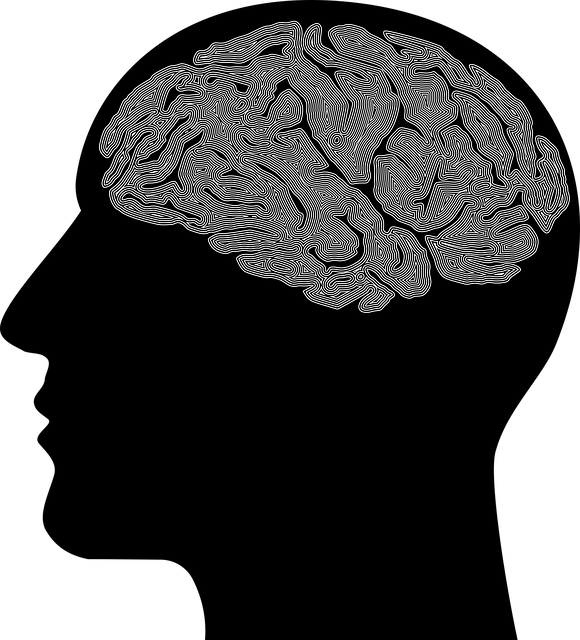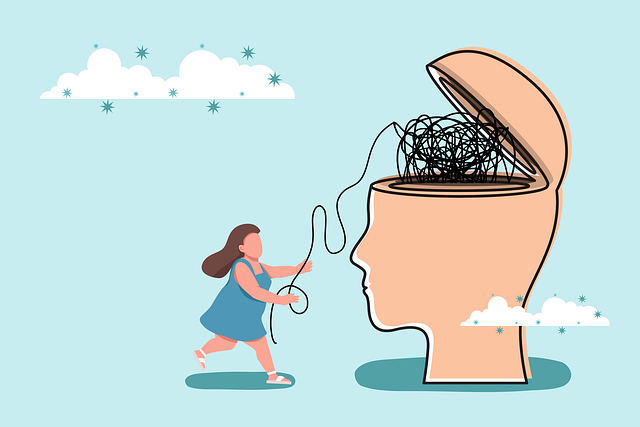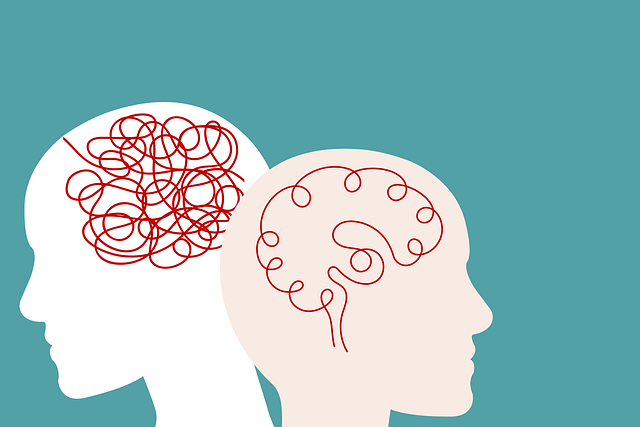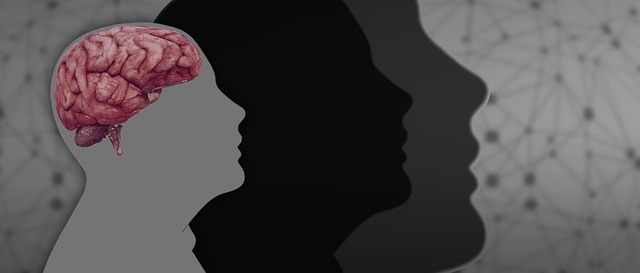Loss, grief, and bereavement significantly impact individuals with Lone Tree Autism Spectrum Disorder (ASD), requiring specialized counseling approaches. Effective strategies, such as cultural competency training, active listening, and mindfulness meditation, help process emotions. Lone Tree ASD therapy integrates evidence-based practices with ASD understanding to foster healthy coping mechanisms. Combining traditional CBT with tailored techniques enhances healing for complex grief scenarios. Tailored counseling sessions, structured routines, and visual aids create safe spaces for emotional expression and intelligence growth. Community groups also play a vital role in supporting ASD individuals through grief while embracing their unique identities.
Grief and bereavement are universal experiences, yet their impact can vary greatly, especially for individuals with autism spectrum disorder (ASD). This comprehensive guide explores the complex interplay of loss, grief, and bereavement, offering insights into the unique challenges faced by those on the ASD spectrum. We delve into therapeutic strategies, including Lone Tree Autism Spectrum Disorder Therapy, to support grieving minds and create nurturing environments. By understanding these dynamics, we can foster resilience and provide effective guidance during difficult times.
- Understanding Loss, Grief, and Bereavement: A Comprehensive Overview
- The Impact of Loss on Individuals with Autism Spectrum Disorder (ASD)
- Therapeutic Approaches for Grieving Minds: Counseling Strategies
- Creating Supportive Environments for ASD Individuals during Grief
- Resources and Community for Navigating Grief and ASD Together
Understanding Loss, Grief, and Bereavement: A Comprehensive Overview

Loss, grief, and bereavement are complex emotional experiences that can profoundly impact an individual’s well-being. Understanding these concepts is crucial for anyone seeking to offer support or receive counseling. Loss refers to the absence of something valued, such as a person, relationship, or even a life stage. It sets the foundation for grief, which is the intense emotional reaction to loss. Bereavement, on the other hand, describes the period of time after a significant loss when individuals process and adjust to their new reality.
For individuals with conditions like Lone Tree Autism Spectrum Disorder (ASD), these processes can be particularly challenging due to unique cognitive and social differences. Effective counseling strategies, such as those taught through cultural competency training for healthcare providers, emphasize the importance of empathy-building techniques. These might include active listening, non-verbal cues, and tailored communication approaches that consider individual preferences. Additionally, practices like mindfulness meditation have been shown to aid in processing grief by promoting self-awareness, emotional regulation, and a sense of calm amidst challenging emotions.
The Impact of Loss on Individuals with Autism Spectrum Disorder (ASD)

Grief and bereavement can profoundly affect individuals with Autism Spectrum Disorder (ASD), presenting unique challenges due to their communication and social differences. The loss of a loved one may intensify existing sensory sensitivities, making it difficult for them to process and express emotions. Lone Tree Autism Spectrum Disorder Therapy recognizes these complexities and offers specialized support tailored to their needs.
Beyond the emotional impact, individuals with ASD might struggle with the societal expectations placed on grieving processes. They often face distinct social dynamics and communication barriers during bereavement, which can isolate them further. Our therapy focuses on integrating evidence-based practices alongside understanding ASD to foster healthy coping mechanisms. This includes incorporating strategies from Community Outreach Program Implementation, encouraging positive thinking, and enhancing social skills training to help individuals navigate the intricate landscape of grief while embracing their unique perspectives.
Therapeutic Approaches for Grieving Minds: Counseling Strategies

Grief counseling offers a safe space for individuals to navigate their emotional journey after loss. Therapists employ various approaches to support clients in processing their grief and promoting healing. One effective method is cognitive-behavioral therapy (CBT), which helps individuals identify and challenge negative thought patterns associated with their loss, fostering a healthier perspective. This strategy is especially beneficial for those dealing with complex grief or the trauma of losing someone close to them.
For clients on the autism spectrum, such as those seeking Lone Tree Autism Spectrum Disorder Therapy, specialized counseling approaches are essential. Therapists can incorporate Self-Awareness Exercises tailored to their needs, enabling them to process emotions and memories related to bereavement in a supportive environment. By combining traditional grief counseling with these adaptive techniques, Trauma Support Services can significantly enhance the healing process for individuals navigating the challenging waters of grief and bereavement.
Creating Supportive Environments for ASD Individuals during Grief

When an individual on the Autism Spectrum experiences loss and grief, creating a supportive environment becomes paramount to their healing process. Lone Tree Autism Spectrum Disorder Therapy focuses on tailoring counseling sessions to meet the unique needs of each client. Therapists are trained in cultural sensitivity and emotional intelligence, enabling them to provide safe spaces where ASD individuals can express their emotions freely. This approach is crucial in reducing stress and promoting healthy coping mechanisms.
In these environments, therapists utilize various techniques, including structured routines and visual aids, to help clients navigate the complexities of bereavement. By acknowledging and addressing the impact of loss on social interactions and communication, therapy sessions foster emotional intelligence growth. This, in turn, equips ASD individuals with the tools to understand and manage their feelings, allowing them to process grief in a supportive and understanding atmosphere.
Resources and Community for Navigating Grief and ASD Together

Navigating grief and autism together can present unique challenges, but there are resources available to help. Lone Tree Autism Spectrum Disorder Therapy offers specialized counseling services tailored to support individuals and families dealing with both grief and ASD. This holistic approach combines traditional grief therapy with strategies for managing anxiety relief and conflict resolution techniques, fostering a supportive environment.
Community plays a vital role in the healing process, and many local groups provide a safe space for sharing experiences, cultivating positive thinking, and gaining practical insights. By connecting with others who understand their unique journey, individuals can find comfort, build resilience, and discover effective ways to cope with grief while embracing their autism identity.
Grief and bereavement, particularly when coupled with a diagnosis of Autism Spectrum Disorder (ASD), can present unique challenges. However, through comprehensive understanding, tailored therapeutic approaches, and supportive environments, individuals with ASD can navigate these difficult times effectively. By leveraging Lone Tree Autism Spectrum Disorder Therapy resources and fostering communities that support both ASD and grief, we can ensure that those affected by loss receive the compassionate care they deserve. This holistic approach empowers individuals to process their emotions, heal, and find solace in a nurturing network.








